If you were bullied as a child, then you know what it’s like not only to live through this in real-time but to relive it as an adult. It was hard then to see the impact it would have on you in the future, but now that you’re older, you can look back and see the damage done. Here are some surprising ways childhood bullying can impact you as an adult.
1. You are too trusting.
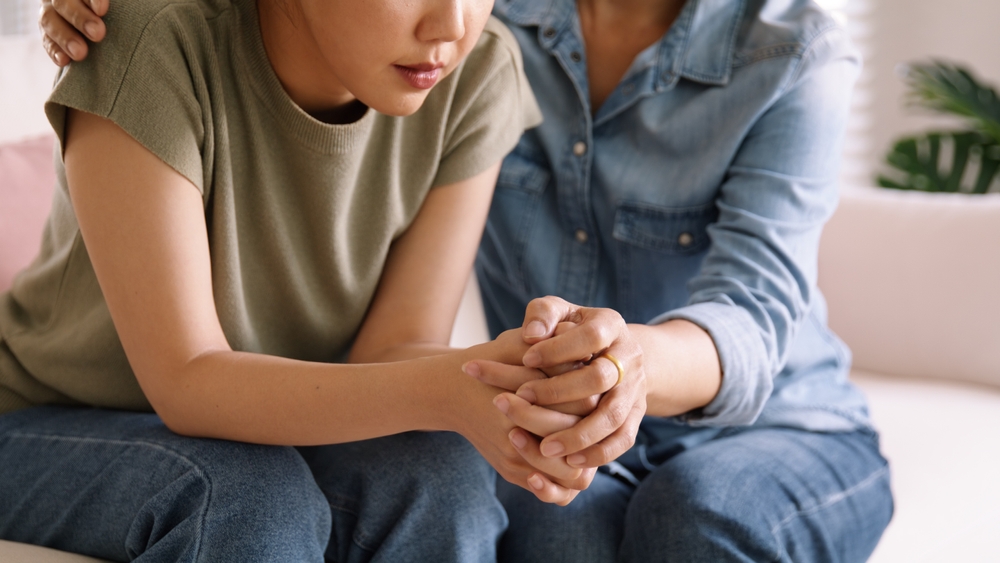
We cover trust issues further on, but a surprising way that childhood bullying might impact your adult life is by warping the way you let people get close to you. Instead of trusting no one, you might get confused about who to trust, and end up falling into the same old patterns of letting the wrong people in. People who exhibit similar behavior to your bullies are familiar, so it’s difficult for you to see these red flags when you’re first getting to know them.
2. It causes you to have self-doubt.

Because it’s been years since you were bullied, you’ve had a lot of time to process that period in your life and reflect on it. Unfortunately, this has caused you to have a lot of self-doubt. You doubt yourself because you’re frustrated that you didn’t stand up to the bullies, and if you could go back, you would have approached the situation differently. You wrongly assume that you must be a coward.
3. You can develop feelings of shame.

Shame is a heavy burden to carry, especially for a child. As you grow up, you most likely still have that feeling of shame and embarrassment with you. You are ashamed to share this part of your life with people because you think they’ll judge you and assume that you did something in order to warrant the bullying.
4. You might blame yourself.

Speaking of fault, another toxic belief that you might have told yourself over and over as you grew up is that you’re to blame for being bullied. When you think about that time, you can’t see it without wondering if you walked around with a giant target on your back. Because you doubt yourself and have low self-esteem, you automatically believe that it must have been something you did to warrant being bullied.
5. You have almost no self-worth.

Self-worth is something we get from our primary caregivers as we grow up, but even if we have loving, supportive parents at home, how we are accepted and valued by our peers has a considerable impact. Because you were bullied, you didn’t get the validation you needed from your school peers, and as a result, you’ve grown up to become an adult with little self-worth.
6. Your anxiety is through the roof.
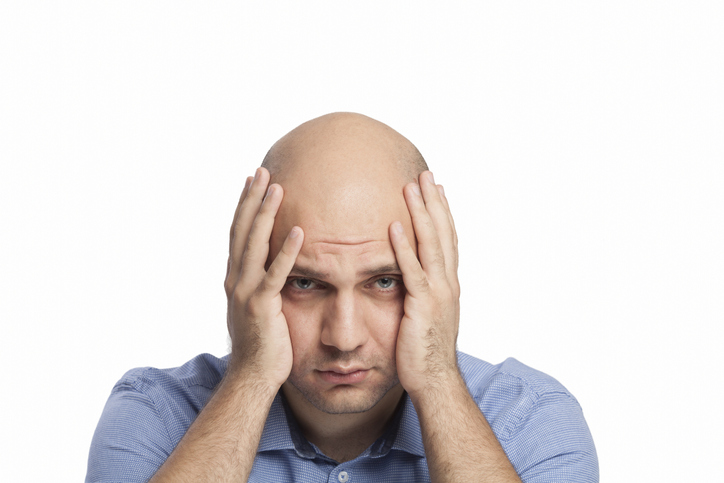
Because you were bullied as a child, you can hardly remember a time when you weren’t crippled by anxiety. First, it started when you had to keep going to school, knowing the bullies were there, and now that you’re an adult, you experience it in every social situation. The trauma of bullying has left you with psychological scars that affect how you interact with people.
7. You might have turned into a people pleaser.

Adversely, you might have dealt with your trauma by doing a complete one-eighty and doing everything you can to please those around you. Instead of being severely anxious in social settings, you feel this immense pressure to win others over and avoid conflict at all costs. You put everyone else before you to the point where it affects your mental health.
8. You have trust issues.
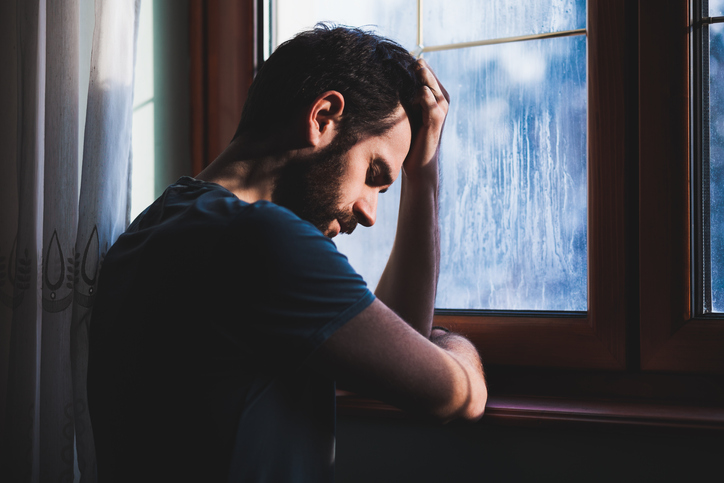
If you’ve experienced bullying as a child, then there’s no doubt that you’ll have big trust issues as an adult. When you were at your most vulnerable, you had people who were supposed to be peers torment and torture you, so it’s no wonder that you find it difficult to let anyone get close.
9. You sabotage relationships.
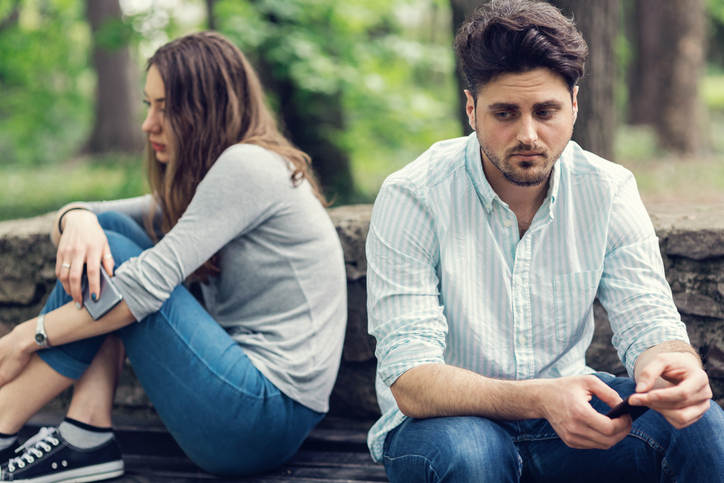
How often have you found yourself unwittingly ruining your relationships? Whether it’s your spouse, a close friend, or a family member, there’s a good chance that your childhood trauma has unintentionally sabotaged several relationships in your life. Your biggest fear is being hurt again by those who care about you, so you hurt them before they can hurt you—even if they had no intention of hurting you in the first place.
10. You feel distant from the world around you.

Because childhood bullying forced you to grow up faster than other children, as an adult, you see the world slightly differently from others. No matter how many people you surround yourself with who care about you, you still often feel alone and isolated. You feel like nobody can understand how you feel.
11. You might have developed depression.

Depression is a severe mental health condition and a naturally occurring symptom of something as traumatic as being bullied in childhood. Whether you started to experience depression as a teenager or later in your adulthood, you must reach out and get the help you need.
12. You find yourself becoming the bully.

When people are bullied as children, most of them grow up not to repeat this pattern of behavior. However, there are a select few who end up becoming the bully themselves later on in life as a way to project their trauma. There might be someone at work who frustrates you for some reason, which has caused you to exhibit a similar pattern of behavior towards them that you were subjected to as a child.
13. You’re hypervigilant.
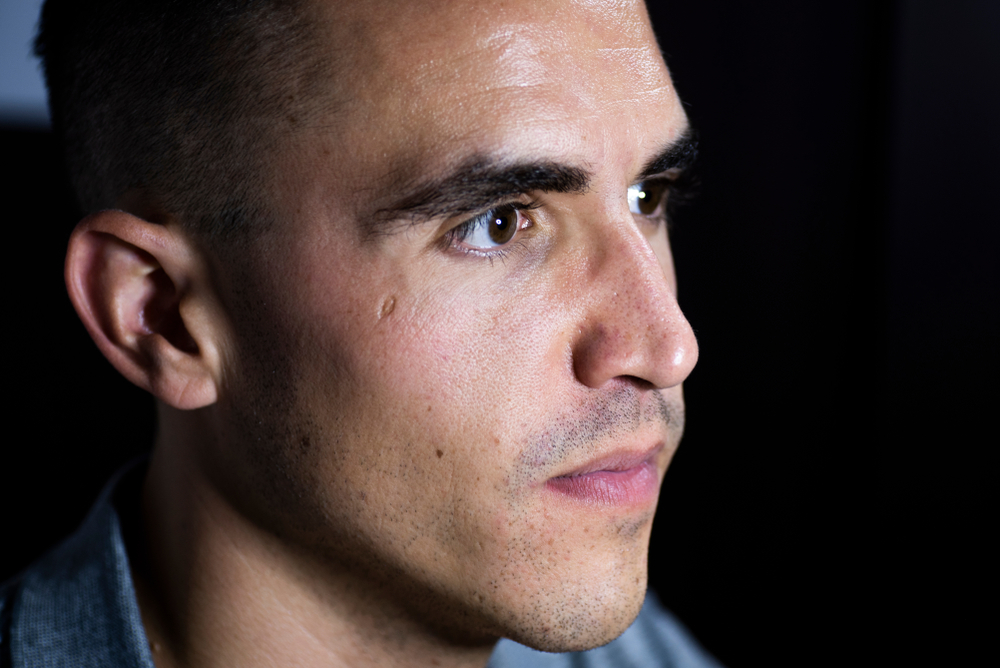
In addition to not being able to trust others easily, you find yourself constantly looking over your shoulder. You feel that everything is a trap, there’s always a catch, and you’re always a couple of bad moments away from being bullied again.
14. You’re a helicopter parent.
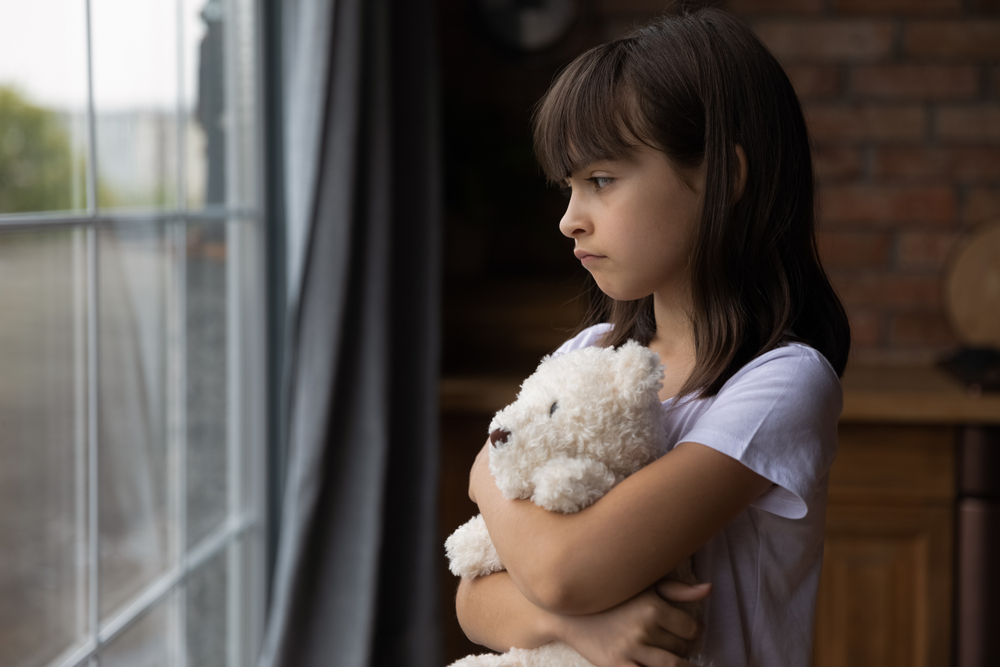
If you’re a parent, then some of your childhood trauma has probably resurfaced from seeing your children go to school and be around peers themselves. As a result, you might smother them, terrified that they’ll go through what you did.
15. You shut down when your partner tries to be vulnerable.
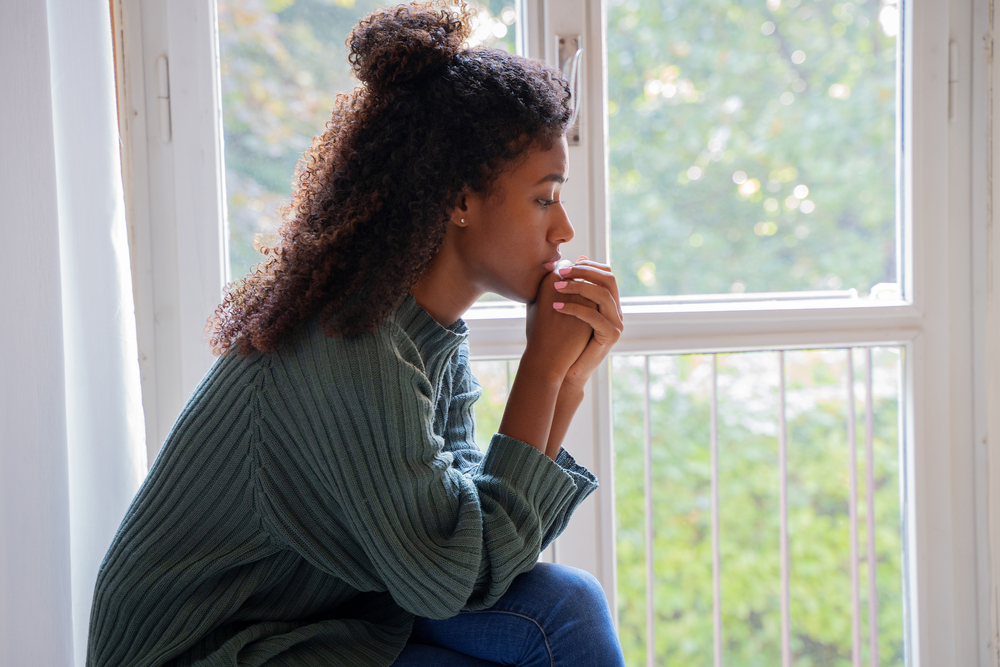
There are many ways that childhood bullying can affect marriage, including how you communicate with your spouse. Perhaps you shut down emotionally when your partner is trying to get you to open up or wants to open up to you. You learned a long time ago how to emotionally detach, which you’ve always struggled with.
Enjoy this piece? Give it a like and follow PsychLove on MSN for more!




